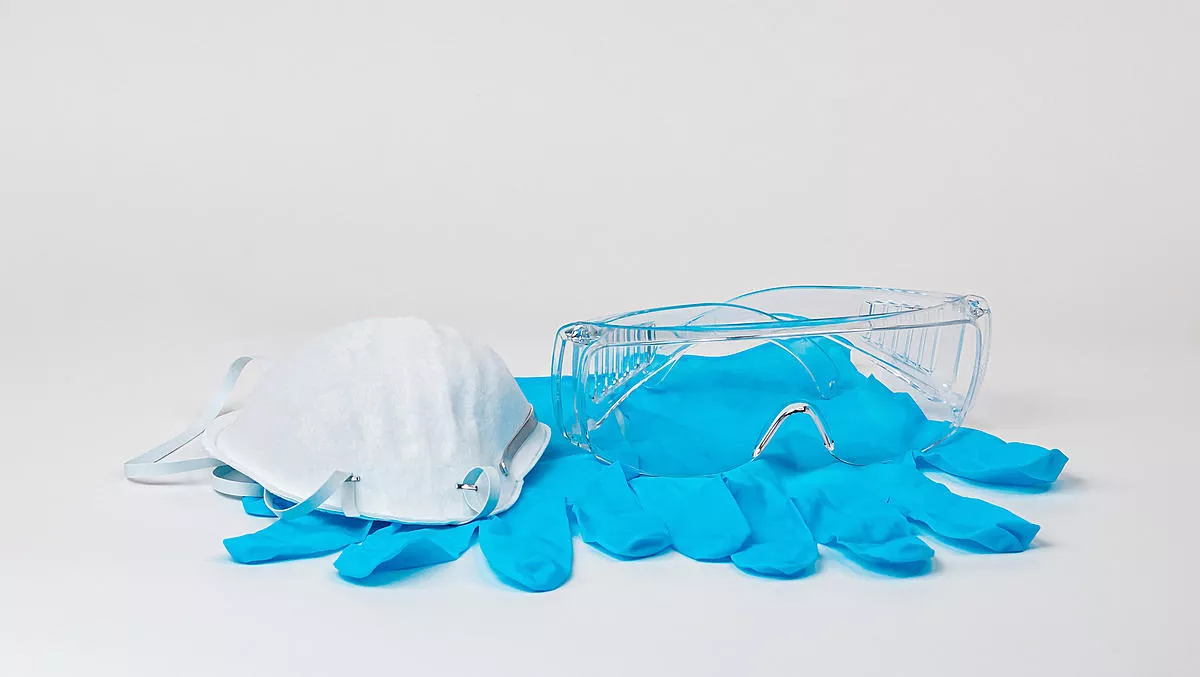
Konica Minolta looks to help Aus healthcare workers with 3D printing
Konica Minolta is working with partners and customers in Australia to address the shortage of personal protective equipment (PPE) and ventilators required by healthcare workers involved in treating patients of COVID-19.
Partner of Konica Minolta, 3D Systems, has created a Venturi ventilator valve for 3D printing. Designed for medical use, it is made from biocompatible, sterilisable, and high-temperature resistant material.
If required, this design will be printed by Konica Minolta. Due to the fact it can be 3D printed, the team can produce high volumes at speed.
Furthermore, Konica Minolta has worked with Erebus Motorsport to develop the P2/N95 filter, which is printed using a 3D Systems Figure 4 3D printer.
An existing Konica Minolta customer, Erebus had already been in contact to see how 3D printing could help healthcare workers during the COVID-19 pandemic.
Working with Supercars medical delegate Dr Carl Le, the team created the e-Mask, a snorkel-like face mask with a 3D-printed adaptor for the replacement of P2/N95 filters.
The P2/N95 filter is an essential part of the PPE that healthcare workers require. It filters the virus out of the air being breathed so the wearer breathes clean air.
These masks are cost-effective, with a 3D-printed adaptor and replaceable filtration that can be mass-produced and sent immediately to healthcare workers on the frontline, Konica Minolta states.
The Erebus team and Dr Carl Le also designed a ventilated Perspex box, which is placed around the patient's head and chest to provide a continuous filtered airflow, called the e-Aerosol Box.
The e-Aerosol Box has already been distributed to hospitals around Australia, as the Erebus team now looks at adapting the model for ambulance transportation.
Erebus Motorsport CEO Barry Ryan says, "The urgency to produce PPE equipment for our health care workers right now is at the forefront of our minds, so with Dr Carl's guidance we identified what is most crucial and our partners like Konica Minolta have been more than willing to get in and make things happen.
"No matter how big or small, we know that if everyone pitches in then we are doing our part to help protect those who are protecting us.
"It can't be underestimated. We need to move on things right now and do our part. We want to make sure we are in a better position than overseas, so we are doing all we can to ensure we are ready, if and when the worst hits, and teaming with partners like Konica Minolta and encouraging everyone to pitch in is our way of doing our part as Australians.
Konica Minolta innovation product manager Matt Hunter says, "Rapidly-dwindling supplies of PPE and lifesaving ventilators have created a nightmare scenario in other countries as they battle the virus.
"3D printing offers a unique opportunity to address these shortages by providing a fast, reliable production method that means essential equipment can be manufactured and delivered to hospitals without long lead times.
Hunter says the company actively contacted partners and customers in a bid to help the healthcare industry.
He says, "Konica Minolta knew that many Australian organisations would be eager to help protect patients and healthcare workers from the deadly virus. We reached out to key customers and partners in the 3D printing space, as well as health authorities across Australia, to see what we could do.
"As a result, Konica Minolta is facilitating the development and manufacture of two key pieces of equipment: the hard-to-source Venturi ventilator valve for patients; and the essential P2/N95 filters for PPE for frontline health workers.
Considering the coming time of the COVID-19 pandemic and the role of technological innovation, Hunter says, "At this stage, no one knows exactly what the demand will look like as Australia continues to work hard to flatten the curve.
"However, it's likely that a fast response will be required to save lives. By facilitating the capacity to 3D print these lifesaving components, Konica Minolta and our customers and partners are playing a small but important role in the fight against COVID-19.
"Having thoroughly tested the parts, we know they work. We're now looking to see what other customers and partners we can pull into this project to increase capacity even further, and potentially find new ways to contribute.


